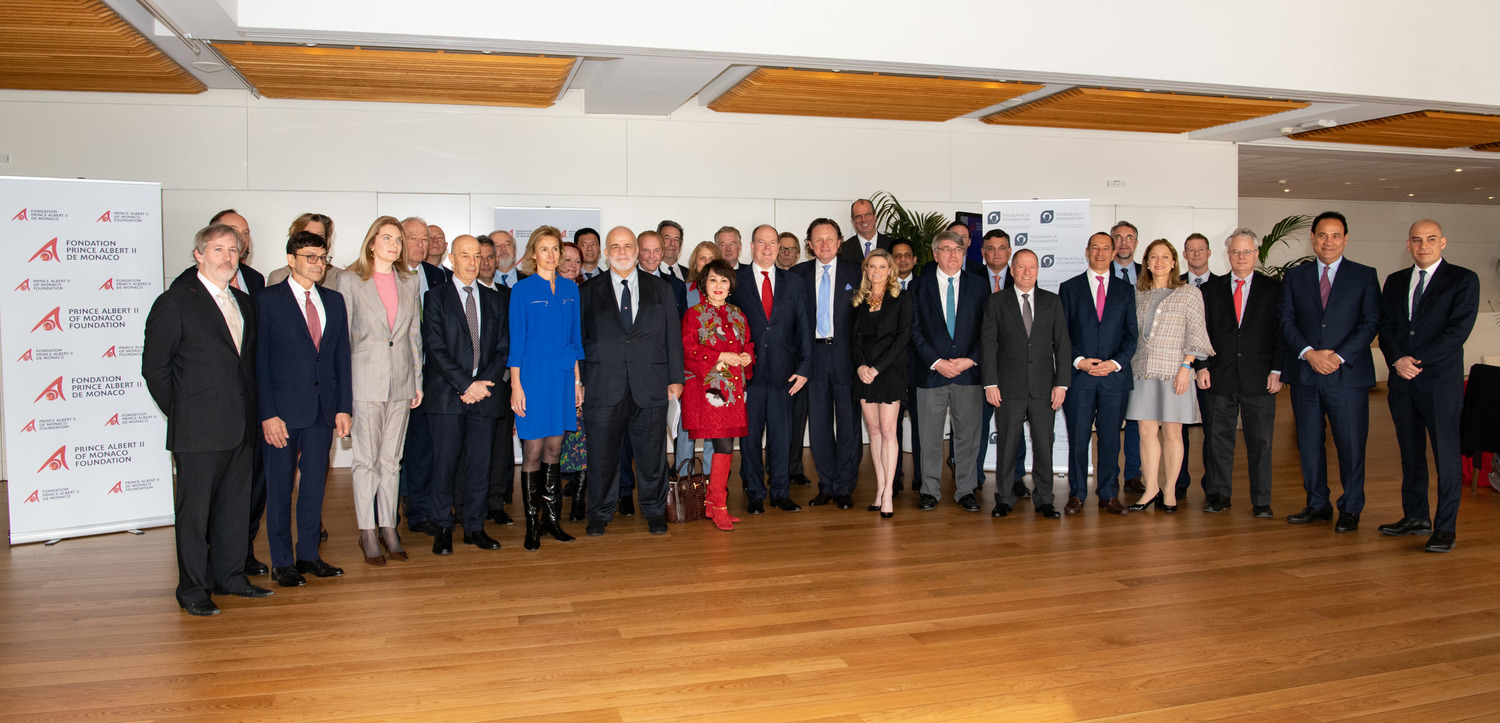
The Prince’s Prize for innovative Philanthropie 2020 goes to Project C.U.R.E.
Monaco
On Monday 20th January, H.S.H. Prince Albert II of Monaco awarded the Prince's Prize for Innovative Philanthropy to Mr Douglas Jackson, President and CEO of Project C.U.R.E., in recognition of the actions carried out through this humanitarian aid organisation based in Denver in the United States and working in the field of health.
Founded in 1987 to provide doctors and nurses in developing countries the means to treat diseases, vaccinate, perform surgeries and ensure safe childbirth, the association is now one of the largest non-profit organizations in the world. Project C.U.R.E. collects and sorts second-hand or surplus medical equipment and supplies from manufacturers and hospitals for redistribution to 130 developing countries, meeting the needs of local clinics and hospitals as well as community health centers.
Resulting from a partnership between the Prince Albert II of Monaco Foundation and the Tocqueville Foundation, the Prince's Prize for Innovative Philanthropy supports innovative actions or projects in the field of strategic philanthropy.
This Prize is awarded to individuals or institutions as part of the annual Prince's Round Table for Philanthropy, a closed-door discussion bringing together major international philanthropists in the Principality. The event, organised at the Yacht Club de Monaco, celebrated its 10th edition this year and brought together for the occasion nearly 40 philanthropists who came to discuss the role of philanthropy in the context of the Sustainable Development Goals as defined by the United Nations.
The Prince's Round Table for Philanthropy is organised by the Prince Albert II of Monaco Foundation and the Tocqueville Foundation, an international foundation under the auspices of the Fondation Entreprendre. By encouraging strategic philanthropy and social investment, the Tocqueville Foundation wishes to promote a well-developed and effective civil society where individuals, acting together, tackle common problems and build sustainable social equity for future generations.

